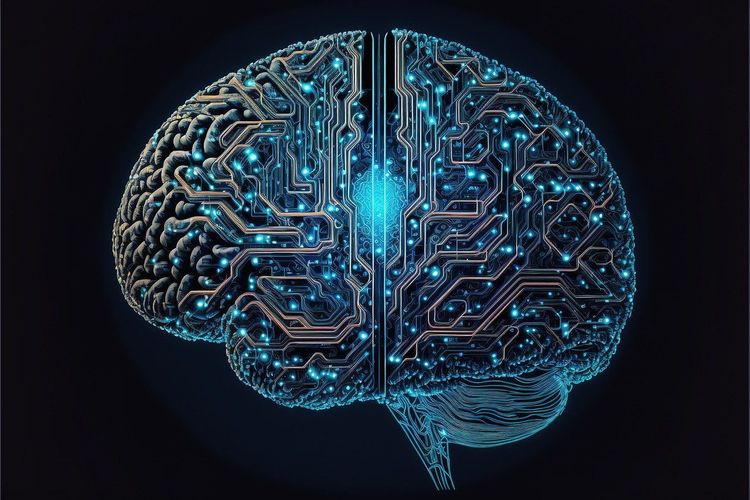At its Inbound customer conference in Boston, HubSpot, the leading marketing and CRM platform, unveiled its ambitious AI strategy, dubbed HubSpot AI. While the company has integrated AI features over the years, the surge of interest in generative AI, particularly due to the popularity of ChatGPT, has prompted a more expansive approach that still incorporates its earlier innovations.
Dharmesh Shah, HubSpot's CTO and co-founder, emphasizes the transformative potential of AI, especially generative AI, in reshaping our interactions with software. "We haven't experienced such a significant paradigm shift in software for quite some time," Shah remarked in an interview earlier this year. He believes that generative AI will redefine product development and enhance the value created for customers, and HubSpot aims to be a key player in this evolution.
Andrew Pitre, HubSpot's EVP of Product, explains that HubSpot AI is designed to streamline the workflow for marketers and sales professionals. The company leverages a vast array of content—including blog posts and other resources generated by customers stored in HubSpot—to train its AI models. This rich database enables HubSpot to grasp the context of user requests effectively.
“We understand how your business operates, and we’re making strides in recognizing the tone and style of your communication,” Pitre shared.
Additionally, HubSpot’s CRM database houses valuable customer data, equipping users with insights into their clientele, including basic information, purchasing history, and customer service interactions.
HubSpot AI adopts a four-pronged strategy, commencing with content assistants. These tools enhance user experience by generating necessary content tailored to different areas within the platform. These AI agents, which are still being refined, are intended to assist in creating blog posts, images, marketing campaigns, and even websites.
The second component, AI agents, focuses on automating customer support by addressing queries and fulfilling routine service tasks. AI Insights offer predictive analytics that identify customers likely to churn or those poised to make purchases, a functionality that has been integrated into the platform for some time. Lastly, ChatSpot, introduced earlier this year and currently in beta, enables marketing and sales teams to engage with HubSpot’s content through natural language, similar to ChatGPT.
Pitre highlights that by confining model access to data within HubSpot, they can mitigate the occurrence of inaccuracies often referred to as "hallucinations," where a model fabricates an answer due to lack of knowledge.
"The truth is that hallucinations have not been a significant issue for us. However, it’s important to convey to customers that while the information provided is helpful, it's not infallible. It should be viewed as a valuable input in your decision-making process," Pitre noted.
The announced products are in various stages of readiness. AI Insights are available now, while ChatSpot is in public beta, AI agents will be rolled out next year, and certain AI assistants, like the content assistant, have reached general availability, whereas the image creation assistant is still in beta.







